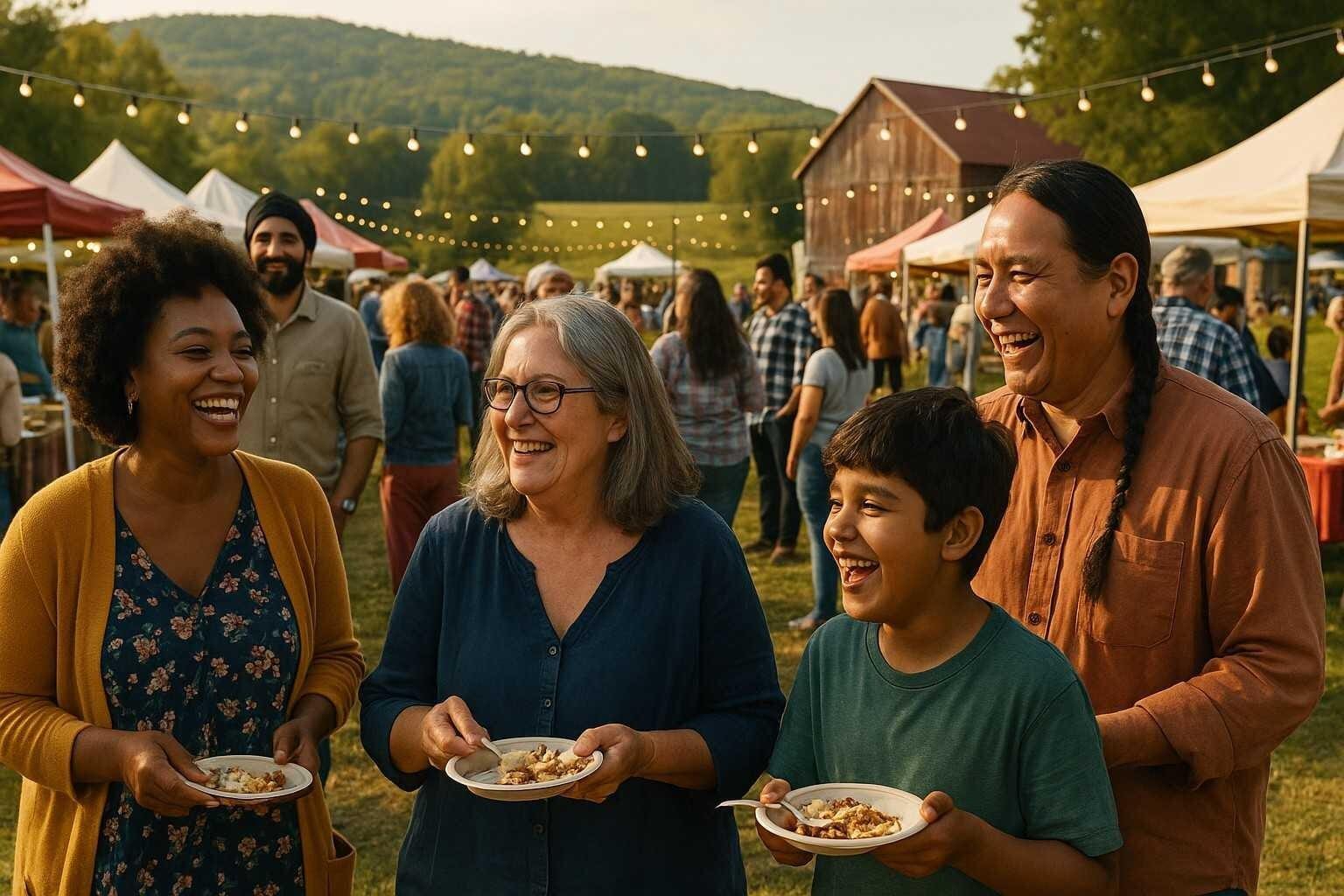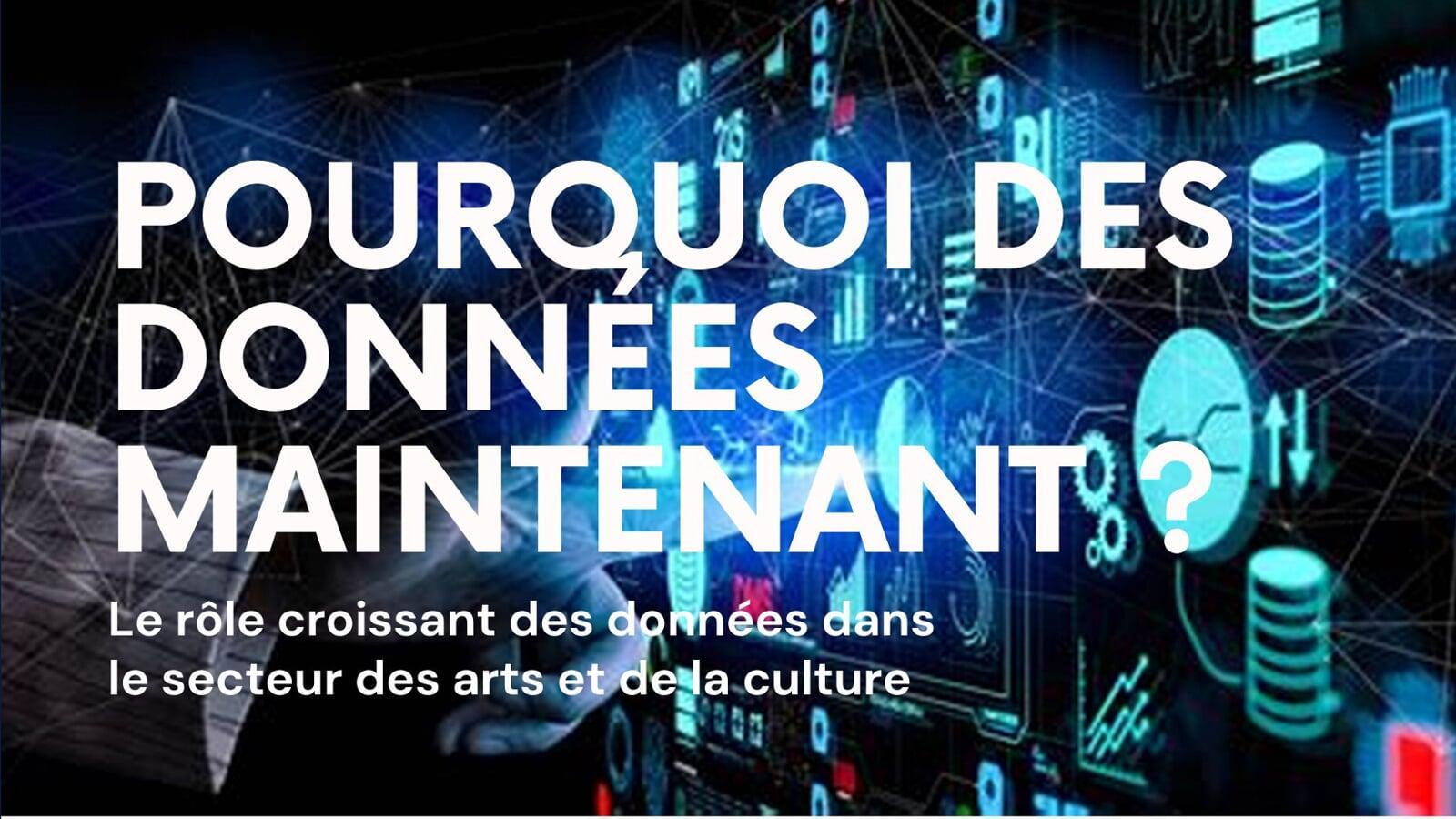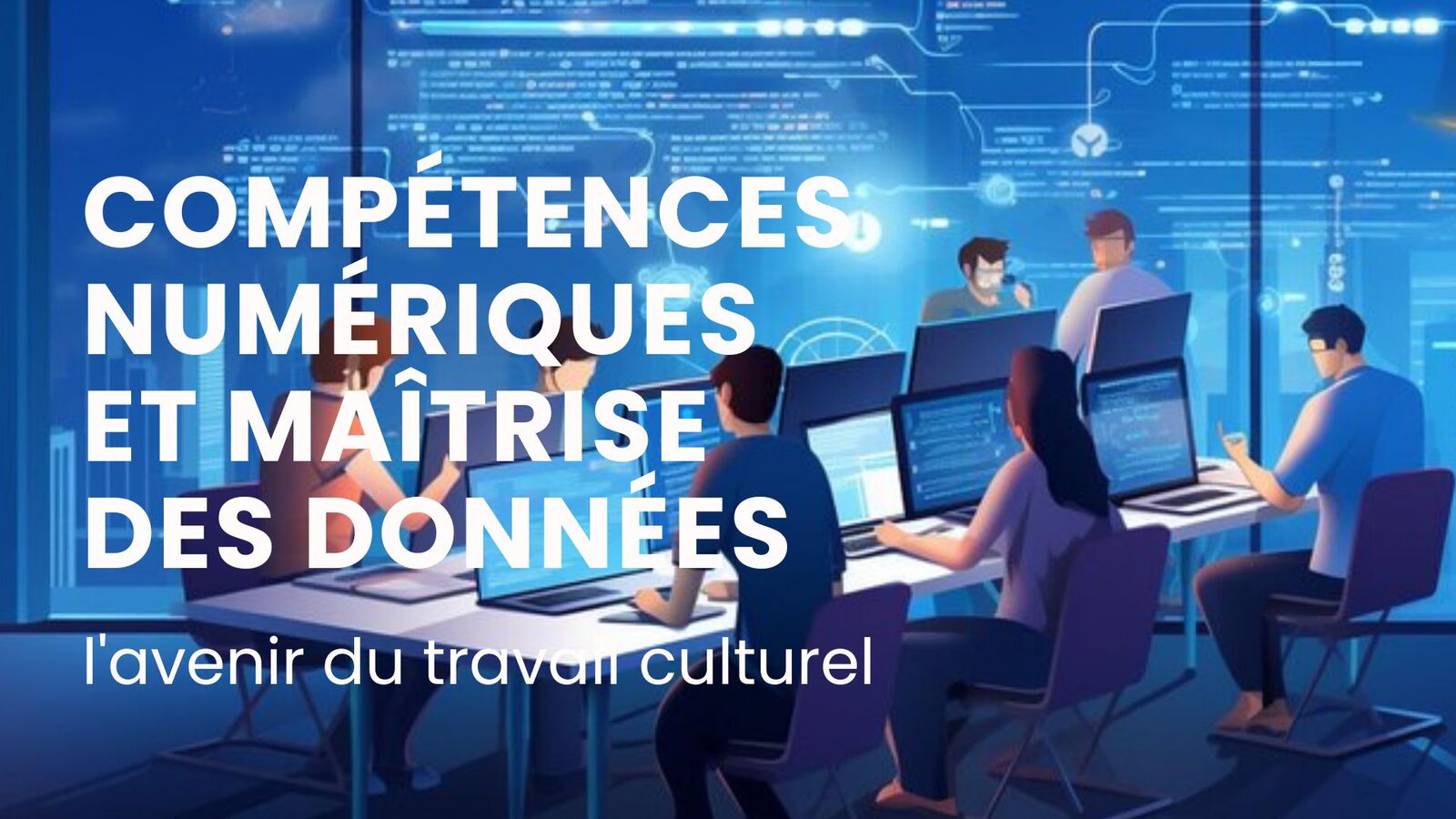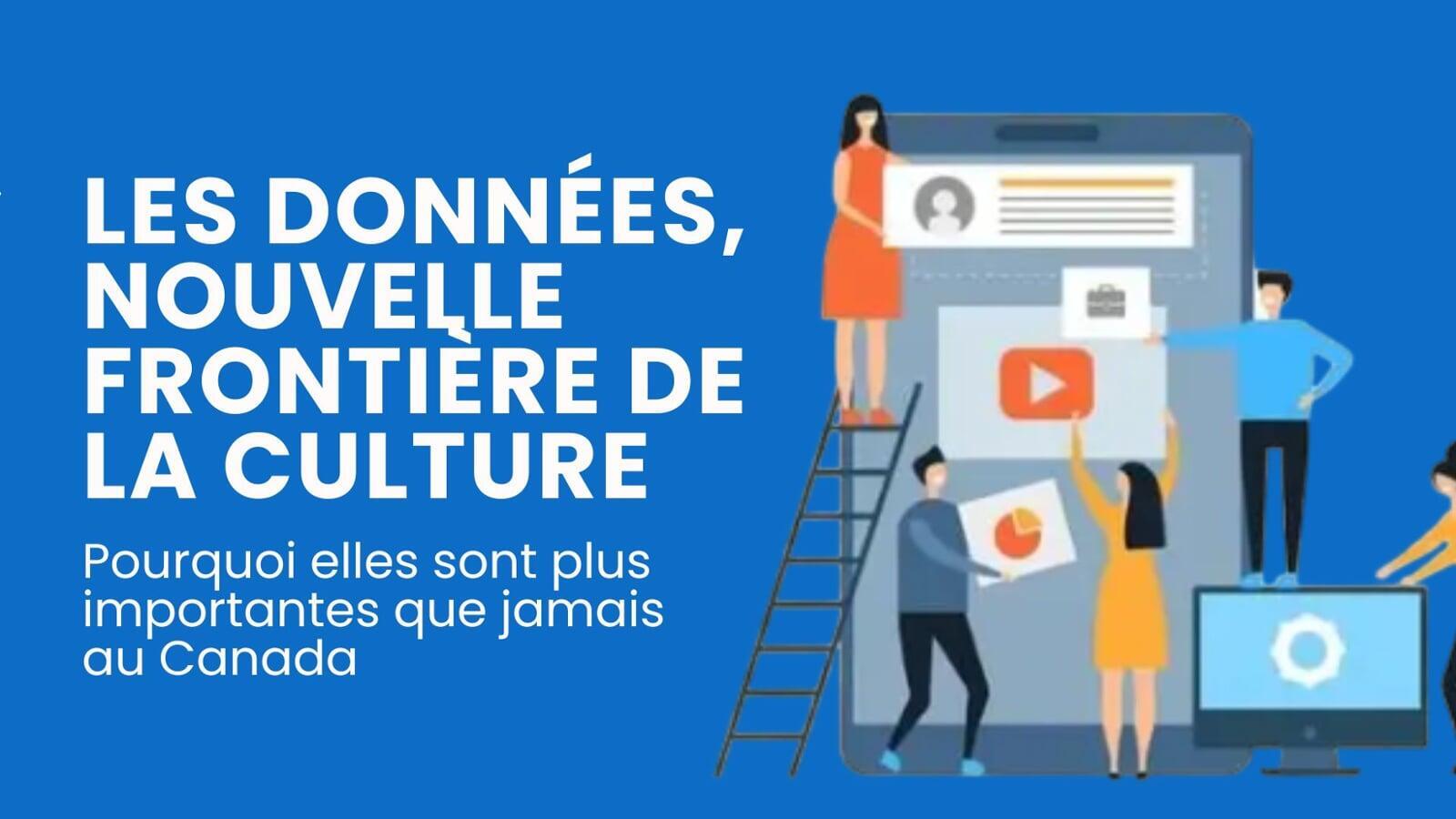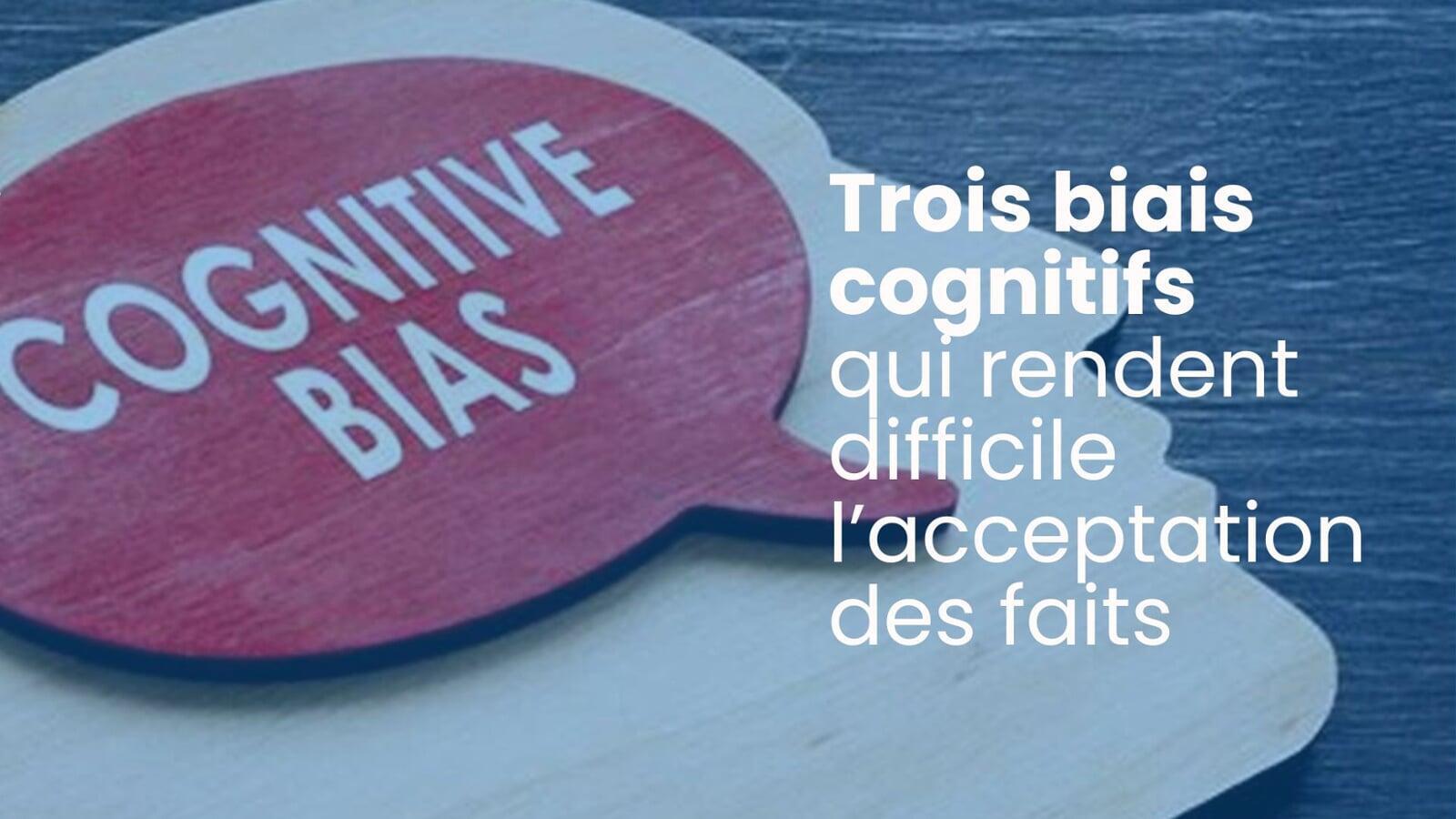In small and rural communities, libraries are essential civic infrastructure. This article examines funding pressures, how rural libraries are adapting, and why their role as social, cultural, and community hubs is more important than ever.
Ron Ulrich
Blog by Ron Ulrich
When six regional museums in the Eastern Townships of Québec sign an open letter saying they are at a financial tipping point operationally, we should all be paying attention.
The Centre for Cultural Futures Canada has reviewed the federal Budget 2025 to see how it affects culture in rural Canada.
Canada’s rural cultural sector is vital but undervalued. This article outlines why rural cultural vitality deserves national attention and meaningful investment.
Cultural Futures Canada proudly welcomes its inaugural Board of Directors—dedicated leaders from across the country guiding a more inclusive, sustainable, and connected cultural future.
The cultural sector is at a turning point. As organizations face shifting audience behaviors, increased pressure for accountability, and the need to advocate for long-term sustainability, data has emerged as one of the most powerful tools at our disposal.
This month, The Future of Culture explo...
Data has always shaped how we create, organize, and make sense of the world. However, it’s no longer just a background tool it is becoming central to how arts and culture organizations tell their stories, advocate for support, and build resilience.
The cultural sector is undergoing a profound transformation driven by digital technologies and data-driven decision-making. Cultural professionals must develop digital skills while also embracing data analysis to inform programming, audience engagement, and operational strategies.
In an era where data drives decision-making in nearly every industry, cultural organizations in Canada are at a crossroads. This article introduces the need to unlock the full potential of data as a strategic asset.
One of the key elements to becoming a data-driven organization – data acceptance – may be the most difficult for cultural organizations to embrace. This article helps to shed light on three common cognitive biases that can make data-driven decision making more difficult.




